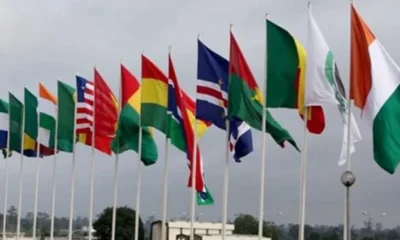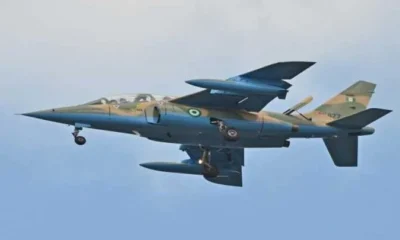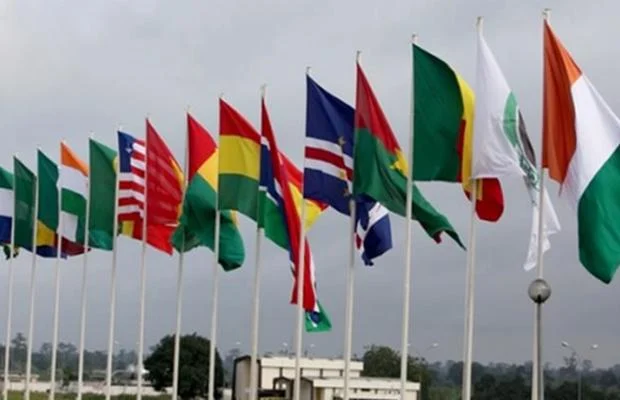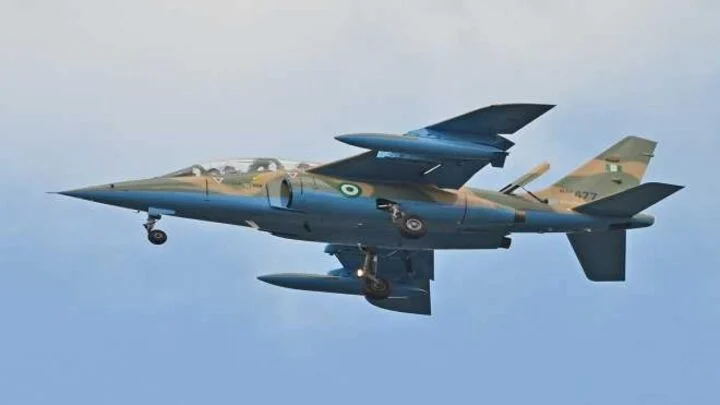The Nigeria Customs Service (NCS) has announced that it has intercepted over 695,000 litres of Premium Motor Spirit (petrol) being smuggled to neighbouring countries.
The NCS Comptroller-General, Adewale Adeniyi, stated that this achievement, made in collaboration with the Nigerian Midstream and Downstream Petroleum Regulatory Authority, is part of efforts to combat economic saboteurs involved in smuggling and diversion of petroleum products.
Adeniyi made the statement while drawing global attention to the transformative role of the NCS in safeguarding Nigeria’s borders at the 18th Africa Security Watch Conference in Doha, Qatar.
This was disclosed in a statement by the National Public Relations Officer, Chief Superintendent of Customs Abdullahi Maiwada, released on Sunday.
The statement provided a detailed account of the NCS’s accomplishments in balancing security enforcement with trade facilitation.
In his keynote address, titled “Protecting National Security Through Effective Border Control: The Nigeria Customs Example,” Adeniyi emphasized the critical role of border management in national security, noting that borders are more than just geographical boundaries.
He explained that borders are essential gateways that determine a nation’s ability to protect its citizens, safeguard its economy, and foster security.
The CGC highlighted how the NCS, empowered by the Nigeria Customs Act 2023, has successfully redefined its operational priorities to address emerging threats, improve efficiency, and strengthen collaboration.
Adeniyi remarked that the Nigeria Customs Act 2023 represents a significant legislative milestone that has repositioned the NCS to thrive in a dynamic environment.
He also reflected on the major achievements in 2024, describing it as a year of unprecedented success for the Service. He added, “Under my leadership, the NCS generated a record-breaking N5.1tn in revenue, a feat that underscores the agency’s innovative use of technology and improved compliance frameworks.”
“Our Operation Whirlwind, a collaboration between the NCS and the Nigerian Midstream and Downstream Petroleum Regulatory Authority, has led to the interception of over 695,000 litres of smuggled Premium Motor Spirit.”
“We have equally strengthened partnerships with both domestic and international stakeholders,” he said.
The CGC emphasized that this achievement was not just about numbers but also reflected the efficiency and resilience of the Customs workforce.
Adeniyi also shared how, through intelligence-led operations, the NCS intercepted several arms shipments, including 844 rifles and 112,500 rounds of live ammunition at Onne Seaport.
“These efforts have significantly disrupted the proliferation of small arms and light weapons, which remain a persistent threat to national security. Additionally, the NCS’s collaboration with the National Drug Law Enforcement Agency led to numerous interceptions of illicit drugs,” CGC Adeniyi said.
He also highlighted the Service’s role in combating wildlife trafficking, explaining how officers intercepted 4,200 kilograms of pangolin scales and ivory, underscoring the NCS’s commitment to biodiversity conservation and international compliance.
The CGC revealed that the use of geospatial technologies, such as satellite feeds and geo-mapping, has enhanced the Service’s surveillance and enforcement capabilities, ensuring that these operations are not only effective but also sustainable.
Furthermore, at the Gala/Award Night held as part of the African Security Watch Conference on Thursday, December 12, 2024, in Doha, Qatar, the NCS received the prestigious ‘Best National Security Service in West, East, and Central Africa 2023/2024’ award.
The CGC also received recognition for his exemplary leadership and contributions to the organisation’s achievements.
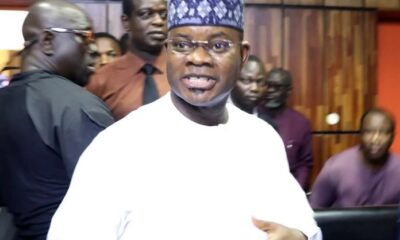
 BIG STORY5 days ago
BIG STORY5 days ago
 BIG STORY5 days ago
BIG STORY5 days ago
 BIG STORY5 days ago
BIG STORY5 days ago
 BIG STORY4 days ago
BIG STORY4 days ago
 BIG STORY2 days ago
BIG STORY2 days ago
 BIG STORY2 days ago
BIG STORY2 days ago
 BIG STORY2 days ago
BIG STORY2 days ago
 BIG STORY5 days ago
BIG STORY5 days ago







